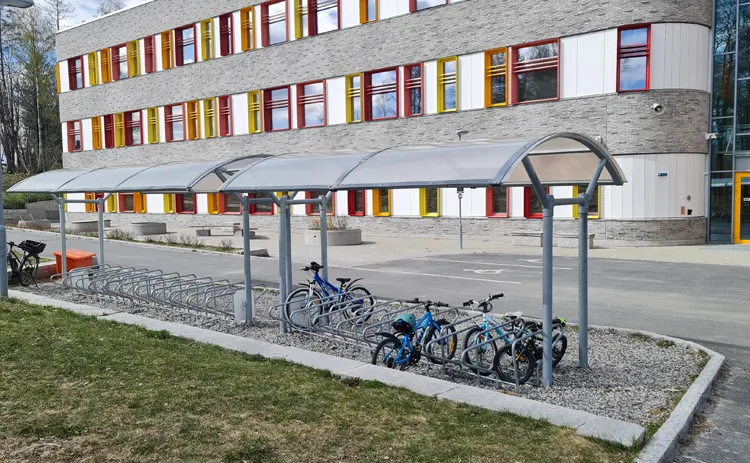
The question concerns schools. Which statement is correct?
- It is voluntary to attend lower secondary school
- Parents decide what is best for their children
- One can choose to attend private primary and secondary schools
Any questions?
- 1 Les forklaringen nøye
- 2 Spør oss på chat eller epost
- 3 Har du funnet en feil? Tips oss
💡 Explanation
Children and youth have both rights and responsibilities regarding education and schooling.
In Norway, all children have the duty and right to attend barneskole (primary school) and ungdomsskole (lower secondary school). This means everyone must attend barneskole (grades 1–7) and ungdomsskole (grades 8–10). Attendance is compulsory, and parents are responsible for ensuring children participate.
After ungdomsskole, all young people have the right to attend videregående skole (upper secondary school), but it is not compulsory. This means you can choose whether to attend videregående skole. If you want to, you have the right to a spot. This usually applies to students who apply in the same or the following year after completing ungdomsskole.
Videregående skole offers various study programmes such as academic or vocational tracks. You can receive guidance from the school or advisors to help choose what suits you best.
Regardless of your choice, you have the right to a safe and good school environment, and the school must ensure conditions for learning, achievement and well-being.